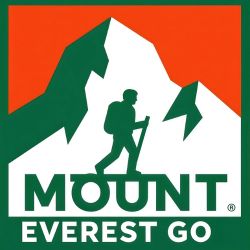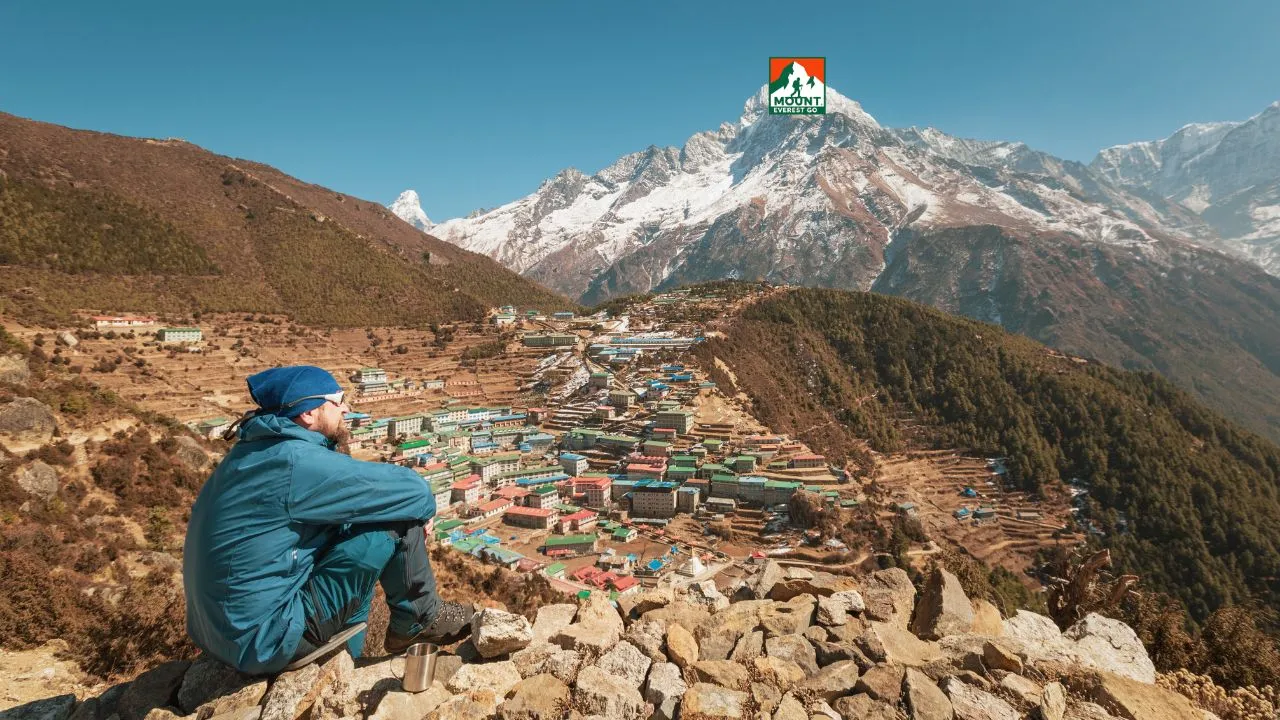Nepal has confirmed that the cost of climbing Mount Everest will increase significantly from September 2025. The change has raised questions among trekkers: will the popular Everest Base Camp (EBC) trek also become more expensive? Here’s what’s actually happening with both climbing and trekking permits.
Everest Climbing Permits – The New Costs
The permit for Mount Everest is climbing from USD 11,000 to USD 15,000 for the spring season. This is the most sought-after time of year, and the increase represents about a 36% jump.
Revised seasonal pricing:
- Spring (Apr–May): USD 15,000
- Autumn (Sept–Nov): USD 7,500
- Winter (Dec–Feb): USD 3,750
Authorities say the higher fee is designed to support rescue operations, environmental protection, and crowd management on the mountain.
EBC Trekking Permits – No Change
For those trekking to Everest Base Camp, permit fees are staying the same. Trekkers will still need:
- Le Parc National De Sagarmatha Permis D'Entrée – NPR 3,000 (about USD 22)
- Khumbu Pasang Lhamu Rural Municipality Permit – NPR 2,000 (about USD 15)
Combined, this works out to roughly USD 35–40. No increases have been announced for 2025.
This means EBC remains one of the most accessible and affordable world-class treks.
Trekking Peak Permits – Slight Increases
While EBC trekking fees remain stable, climbing permits for trekking peaks such as Island Peak, Mera Peak, and Lobuche East are being adjusted upward.
- Spring permits will rise from USD 250 to USD 350 per person.
- Other seasons will see moderate increases as well.
Trekkers planning to extend their journey with a peak climb should factor in the new costs.
97 Remote Peaks Open for Free
In contrast to the fee hikes, Nepal has opened up 97 mountains (5,870m–7,132m) for free climbing permits.
These peaks, found mostly in Karnali and Sudurpaschim provinces, are rarely visited due to difficult terrain and limited infrastructure. By removing permit fees for two years, the government hopes to spread tourism and boost local economies in remote regions.
What It Means Trekkers and Climbers
- Climbers: Scaling Everest will be more costly than ever, and additional regulations (experience requirements, mandatory Nepali guides) may soon follow.
- Trekkers: The classic EBC trek remains affordable, with no fee changes.
- Adventurers: Free access to nearly 100 remote peaks opens exciting new options for those seeking less crowded Himalayan routes.
Everest climbing permits are going up by thousands of dollars in 2025, but Everest Base Camp trekking permits are not affected. For most trekkers, the cost to reach the base of the world’s highest mountain remains the same.
For climbers, however, higher fees and stricter rules signal a new era of regulation on Everest. At the same time, the opening of 97 peaks at no cost creates fresh opportunities for exploration beyond the crowded trails.

